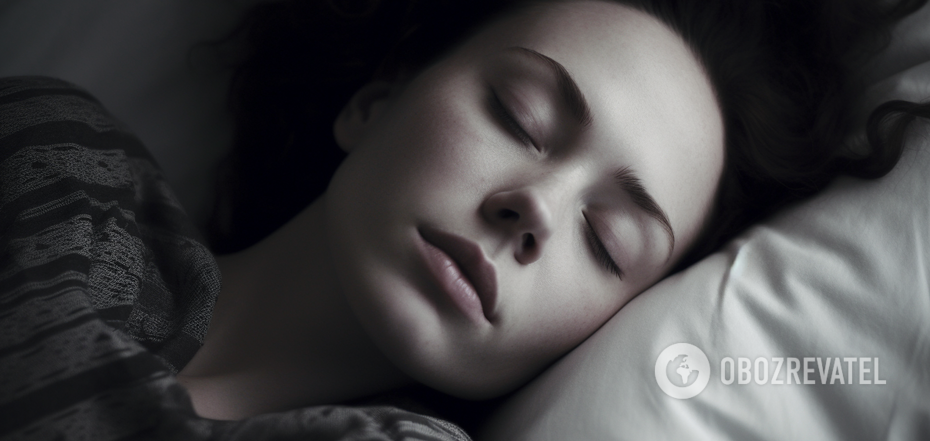Life
Turn off the air conditioning! Five ways to get a good night's sleep in the heat
Falling asleep and not waking up in the heat at night can be difficult, because for quality sleep we need a slightly lower body temperature, which is not easy when the room is above 30 degrees. A recent study found that this temperature reduces nighttime sleep by an average of 14 minutes. And over the course of a year, we lose about 44 hours of sleep.
That's why many of us turn on the air conditioner to get a good night's sleep. But this device consumes a lot of electricity, and it's noisy. That's why the Washington Post asked experts for tips on how to improve the quality of sleep in the heat without air conditioning. And here's the lifehacks they shared.
Keep your bedroom as cool as possible
Experts say that the process of falling asleep and your body's internal temperature are linked. When it's time to sleep, the body begins to lower its temperature, mainly by expelling heat through the head, arms and legs. According to Basner, lowering body temperature is necessary for the brain to transition into sleep mode. If the room temperature is close to body temperature, it becomes difficult to make this transition.
That's why it's important to keep the bedroom cool. And here's how you can do it without air conditioning:
- Keep blinds or curtains closed during the day;
- open your windows in the evening - as soon as the temperature outside starts to drop, let the outside coolness into the room;
- if you can't keep the windows open for some reason, open the bedroom door, this will help prevent the air in the room from stagnating and heating up;
- fans can help if the room is not very hot, but if the temperature rises above 32 degrees, they lose their effectiveness completely.
Sleep under a blanket
In the heat, it seems impossible to sleep covered. However, experts advise switching to a thin blanket or covering yourself with a sheet. This will help your body to better regulate temperature during sleep, but not overheat at the same time.
Don't take showers that are too cold
Cooling down under running water before bedtime can be a good choice. However, it is important that the temperature is not too low. If the water makes your heart beat faster, it is too cold, make it a little warmer. After showering, you can avoid wiping yourself off - this will keep you feeling cooler for a longer period of time. Cold compresses on the forehead, palms and feet can also help you fall asleep faster.
Change the environment in which you sleep
Sleeping together in the same bed in the heat can be difficult, because you are additionally warming each other. Therefore, it is better to go to a single rest. You can also move to the floor, because it can be a couple of degrees fresher than the level of the bed. Or to any cooler room.
Follow a proper sleep schedule
In an environment where falling asleep can be more difficult, it becomes especially important to practice good sleep habits. Put away your phone and any other screens an hour before you fall asleep, create darkness in your bedroom, take a bedtime walk, and do relaxation exercises. Use anything that will help you fall into sleep faster.
Earlier OBOZREVATEL told how to cool the body in the summer to avoid overheating.
Subscribe to OBOZREVATEL channels in Telegram, Viber and Threads to keep up to date.



























